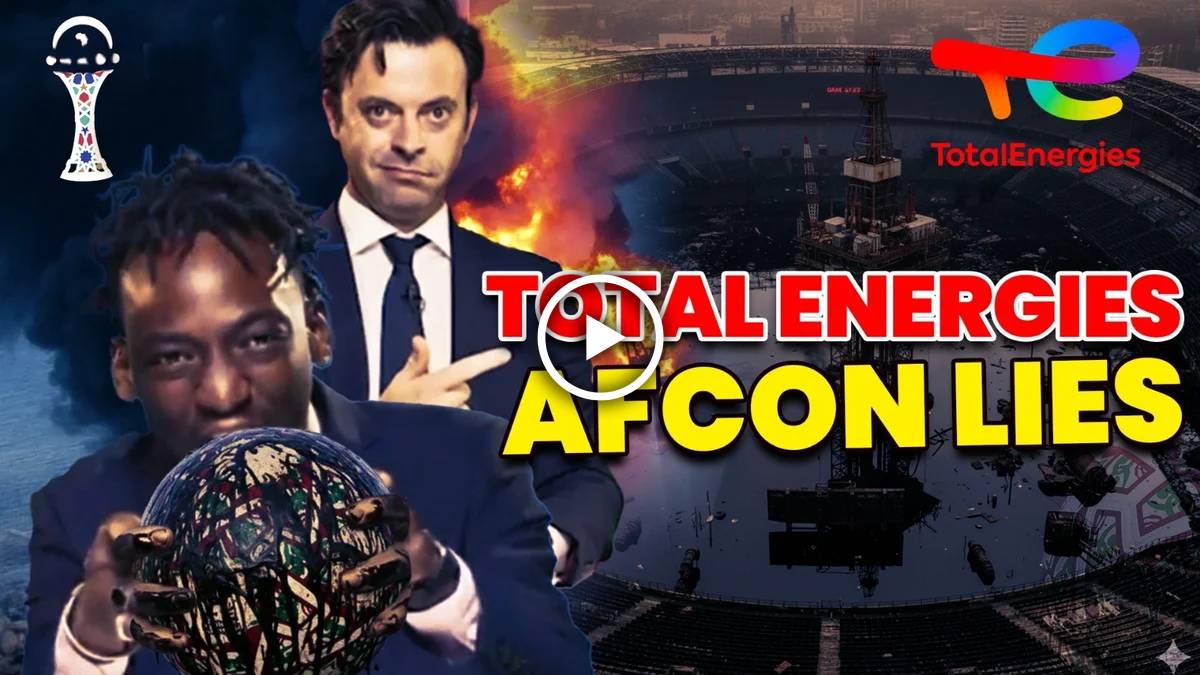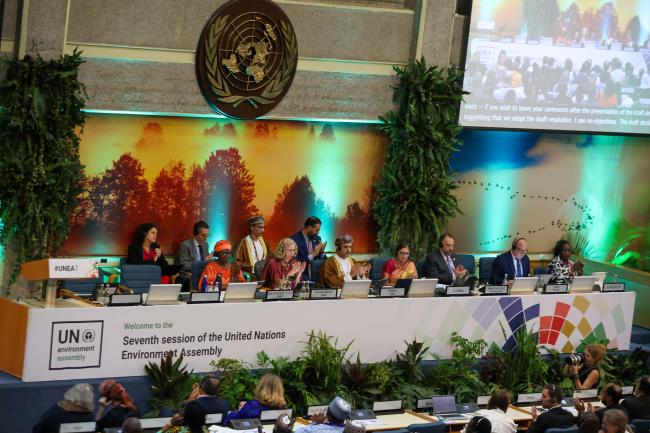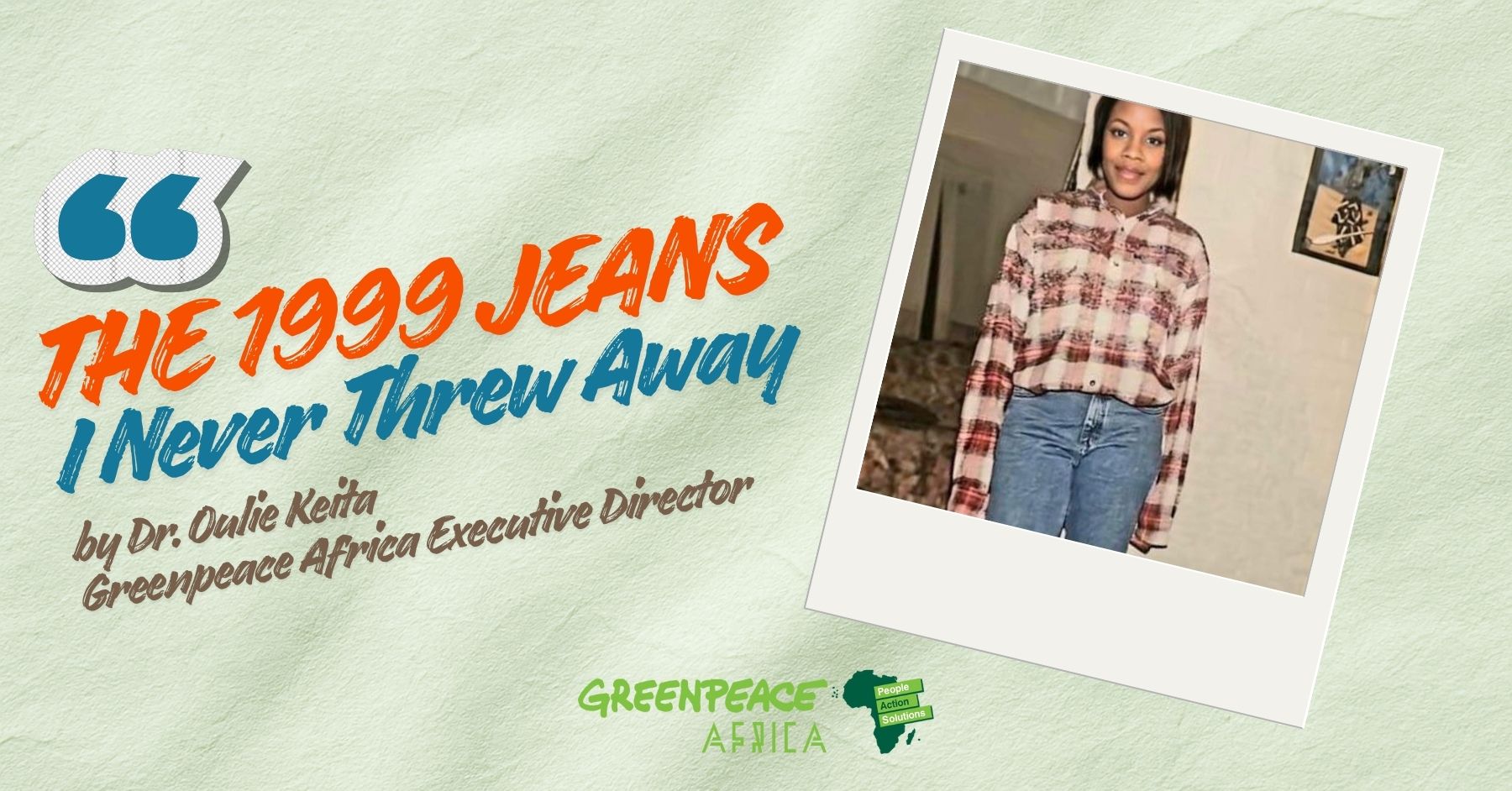Belém, Brazil, 21 November 2025, Greenpeace has dismissed the second Mutirão Decision text at the UN climate conference COP30 and urged parties to reject it and send it back to the Presidency for revision.
In responding to today’s second proposed Mutirão Decision text and other texts, Tracy Carty, Climate Politics Expert, Greenpeace International said: “2035 emission targets are wildly off track and this Mutirão text might as well be blank as it does so little to bridge the 1.5°C ambition gap or push countries to accelerate action. There is no option here but for countries to reject it and send it back to the presidency for revision.”
“Hopes were raised by initial proposals for roadmaps both to end deforestation and fossil fuels, but these roadmaps have disappeared and we’re again lost without a map to 1.5°C and fumbling our way in the dark while time is running out.”
“COP30 has shown rising support for a roadmap away from fossil fuels, so the Belém outcome must include it to ensure we end the burning of oil, gas and coal as quickly as possible. Reports and more talks are not enough. We need a global response plan.”
“One thin margin of progress is the welcome commitment to a Just Transition Mechanism, which is needed to coordinate, support, and scale up just transition efforts worldwide.”
An Lambrechts, Biodiversity Policy Expert, Greenpeace International added: “While this latest text has not forgotten forests or Indigenous Peoples, what’s also missing is action to end deforestation. There is no 1.5°C solution without protecting forests but this text does not deliver collective action to end forest destruction and there is no sense of urgency.”
“Being ‘mindful’ of being in the Amazon, ‘acknowledging’ Indigenous rights and knowledge and ‘underlining the need’ for synergies to address climate change, biodiversity loss and land and ocean degradation is simply not enough.”
Koaile Monaheng, Political Strategist, Greenpeace Africa added: “Finance is also a casualty in this latest text. The proposals to triple adaptation finance and establish a work programme on climate finance are not strong enough. Vulnerable countries are again left to deal with the escalating impacts of climate change without sufficient plans to unlock the public finance they need, including taxing and ending subsidies to the biggest polluters.”
Contact :
Ibrahima Ka NDOYE, Coordonnateur des Communication Internationales, Greenpeace Afrique, +221 77 843 71 72 / [email protected]



